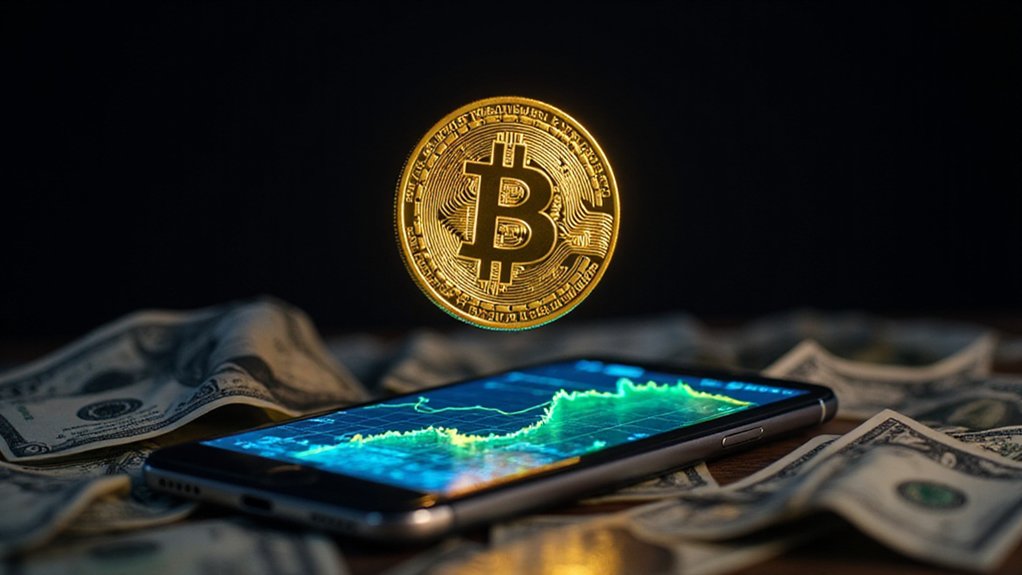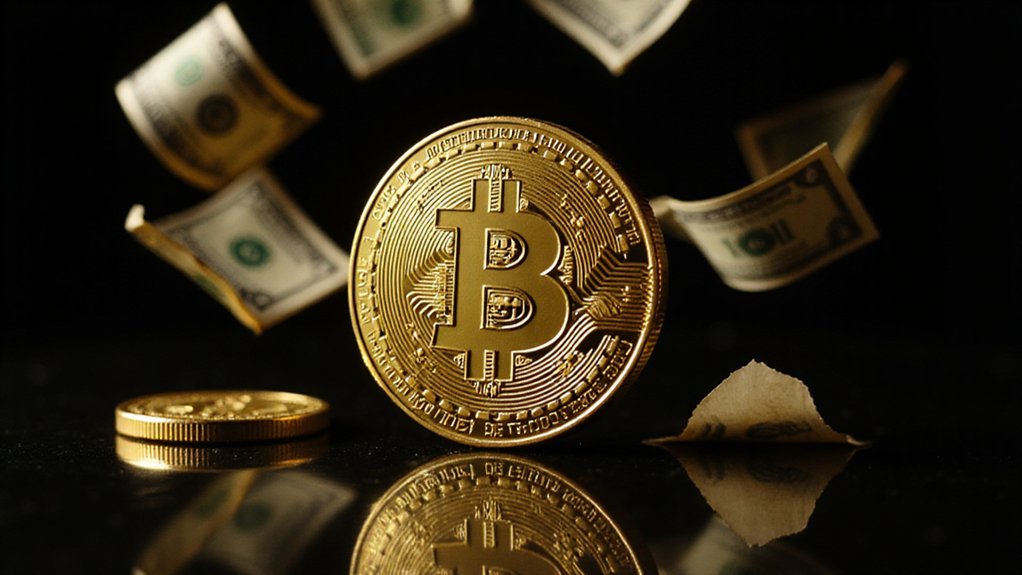One of Bitcoin’s earliest whales—those mythical Satoshi-era holders whose dormant wallets have long fascinated blockchain archaeologists—recently executed what can only be described as a masterclass in institutional wealth management, offloading approximately 80,000 BTC worth around $9 billion through Galaxy Digital in what ranks among the largest notional Bitcoin transactions ever recorded.
The sale, conducted between July 16-17, 2025, formed part of an estate planning strategy that would make traditional wealth managers weep with envy.
What’s particularly striking isn’t just the sheer magnitude of the transaction, but how smoothly the market absorbed this digital Mount Everest of selling pressure. Bitcoin briefly dipped below $115,000 during the sale before recovering with the resilience of a cryptocurrency that has weathered far worse storms than one whale’s liquidity event.
Bitcoin’s ability to shrug off a $9 billion whale sale demonstrates the cryptocurrency’s remarkable institutional maturation and market resilience.
The fact that a $9 billion sale caused merely a hiccup speaks volumes about Bitcoin’s institutional maturation—a far cry from the days when a single exchange hack could crater prices by 30%. With Bitcoin currently trading at $117,200, the market has demonstrated remarkable stability despite the recent selling pressure. Despite this volatility, Bitcoin maintains its market dominance with a $1.7 trillion market cap, continuing to attract significant investor confidence.
Galaxy Digital’s handling of the transaction underscores the growing sophistication of crypto infrastructure. The NASDAQ and TSX-listed firm facilitated multiple transactions directing the majority toward exchanges, demonstrating institutional capabilities that simply didn’t exist during Bitcoin’s early Wild West period.
Approximately 12,000 BTC (roughly $1.38 billion) remains in the whale’s portfolio, likely destined for over-the-counter and secondary market sales that on-chain analysts suggest the market can absorb without significant disruption.
The timing proves particularly intriguing given Bitcoin’s 75% price surge over the past year. This Satoshi-era holder—whose identity remains mercifully private—chose to monetize holdings acquired when Bitcoin traded for pocket change, transforming early-adopter faith into generational wealth that would make Renaissance merchant princes blush. Analysts suggest the local bottom may be established, with Bitcoin potentially rallying toward $132,000 in the coming weeks.
Crypto analysts suggest this whale sale challenges traditional Bitcoin cycle theories, highlighting a fundamental shift from retail to institutional ownership.
The transaction exemplifies broader adoption trends, with established institutions like MicroStrategy, Tether, and Metaplanet replacing old whales as primary market makers.
Industry experts anticipate this institutional involvement may accelerate Bitcoin’s price cycles, potentially pushing toward new all-time highs as professional capital management displaces hodler sentiment.








